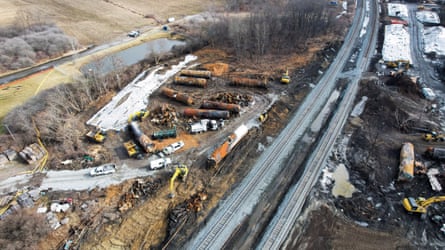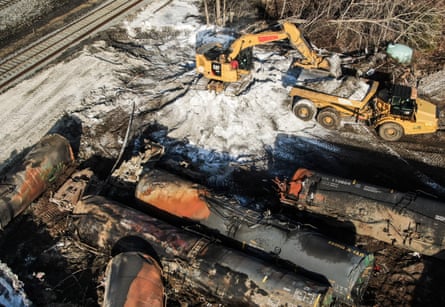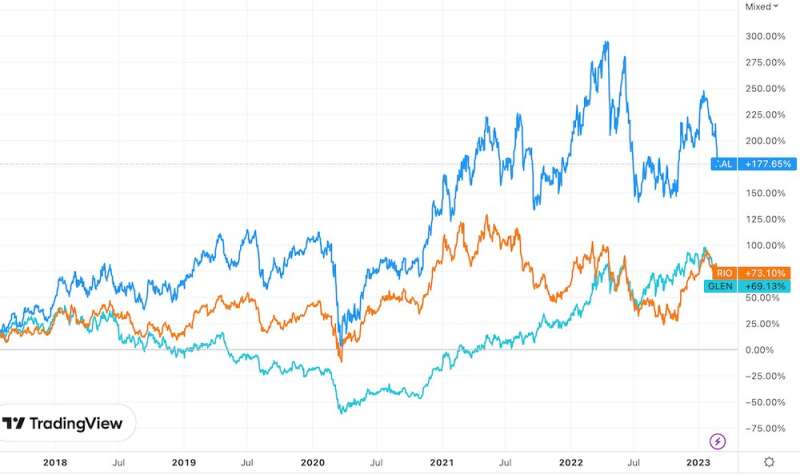
Hundreds of thousands of protesters took to the streets of Mexico on Sunday to oppose changes to the National Election Institute.
Feb. 27 (UPI) -- More than 100,000 Mexican residents crowded the Zocalo plaza near the presidential palace in Mexico City to protest changes to the National Election Institute they charge would weaken the agency.
President Andrés Manuel Lopez Obrador has complained that the NEI has become too big and unaccountable. The protests on Sunday opposed his remedy, which seeks to cut its budget and staff to the tune of $150 million annually.
Some, though, see the NEI that has allowed Mexico to avoid one-party rule for decades after elections have been accused of being tainted the years before. They see the agency as being the backstop of Mexico turning into Venezuela, where President Nicolas Maduro continues to serve after what many experts have seen as a disputed election.
Many of the protesters wrote pink, the official color of the agency, during Sunday's protest.
"This is our last hope," former opposition Mexican legislator Guadalupe Acosta Naranjo, told The New York Times. "We want to defend the court's autonomy so it can declare these laws unconstitutional."
Critics have alleged the effort to weaken the NEI is a ploy by Obrador, who is not allowed to seek re-election under Mexico's constitution, to remain in power.
His party currently holds a majority in Congress and many governor's offices and is expected to maintain its hold in the nation's upcoming elections.
Obrador said, though, that the protesters are trying to turn the clock back when Mexican elections could not be trusted as a true reflection of voters.
"They're going to show up because there are vested, corrupt interests that want to return to power to continue stealing," Obrador said at a news conference before the rally. "So don't try to say 'it's that we care about democracy.' It's that democracy is being damaged."
Critics of the legislation are holding marches in Mexico City and other major cities as the contentious shake-up appears poised to go before the Mexican Supreme Court.
Mexico's opposition plans a mass protest against President Andres Manuel Lopez Obrador's drive to shrink the independent electoral authority, arguing the changes threaten democracy - an accusation he vigorously denies.
Mexico's Congress last week approved a major overhaul of the National Electoral Institute (INE), which Lopez Obrador has repeatedly attacked as corrupt and inefficient.
Critics of the legislation, which will slash the INE's budget and staff, are holding marches on Sunday in Mexico City and other major cities as the contentious shake-up appears poised to go before the Mexican Supreme Court.
The INE and its predecessor played a key role in creating a pluralistic democracy that in 2000 ended decades of one-party rule, according to many political analysts.
Fernando Belaunzaran, an opposition politician helping to organise the protests, said the changes weakened the electoral system and increased the risk of disputes clouding the 2024 elections when Lopez Obrador's successor will be chosen.
"Normally presidents try to have governability and stability for their succession, but the president is creating uncertainty," said Belaunzaran. "He's playing with fire."
Mexican presidents may only serve a single six-year term.
Lopez Obrador, a 69-year-old leftist who contends he was robbed of the presidency twice before he finally romped to a crushing victory in the 2018 election, argues the INE is too expensive and biased in favour of his opponents.
The institute denies this.
'Anti-democratic'
According to the INE, the president's overhaul violates the constitution, curbs the institute's independence and eliminates thousands of jobs dedicated to safeguarding the electoral process, making it harder to hold free and fair elections.
Lopez Obrador has also weakened other autonomous bodies that check his power on the grounds that they are a drain on the public purse and hostile to his political project. He says his INE shake-up will save $150 million a year.
This week he called the INE "anti-democratic" and a tool of the ruling elite, accusing it of fomenting electoral fraud.
Polls show the president's National Regeneration Movement (MORENA), which in just a few years has become the dominant force in Mexico, is a strong favourite to win the 2024 election.
Critics of the INE overhaul argue Lopez Obrador is not confident MORENA can retain power without interference in the electoral process. He denies this.
Belaunzaran and his fellow demonstrators aim to fill Mexico City's central Zocalo square, which abuts the presidential palace and is freighted with political significance.







